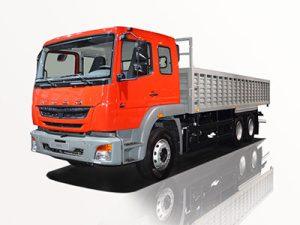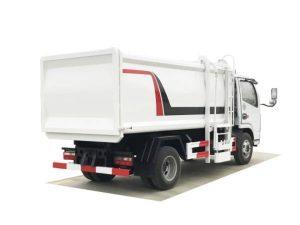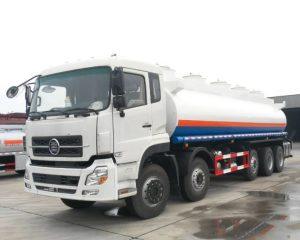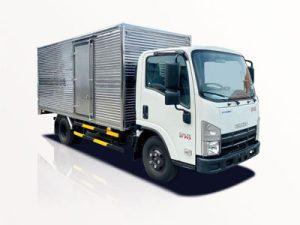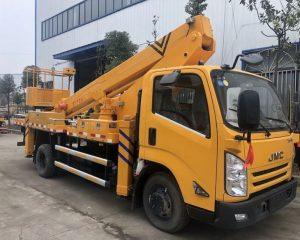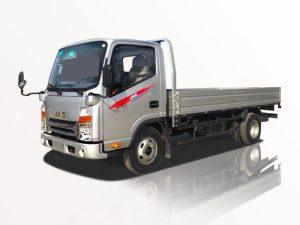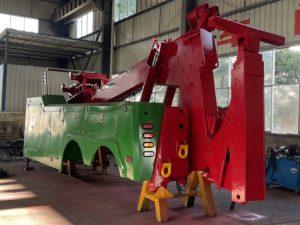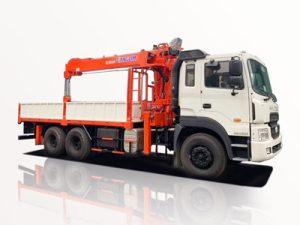Monday to Saturday - 8:00 -17:30
Double Cab vs Single Cab: The Definitive Guide for Truck Buyers
When it comes to choosing the right pickup truck, one of the most important decisions you’ll face is whether to go with a double cab or a single cab. Each type has its own set of advantages and disadvantages, making this decision crucial depending on your lifestyle, needs, and preferences. In this article, we will delve into the differences, benefits, and drawbacks of double cab vs single cab trucks. We’ll include practical examples, tips to make your decision easier, and answers to the most frequently asked questions.
Understanding Cab Configurations
What Is a Single Cab?
A single cab, sometimes referred to as a regular cab, features a single row of seats and typically has two doors. This configuration maximizes the length of the truck bed, making it ideal for work-related tasks, towing, and hauling.
What Is a Double Cab?
A double cab, also known as a crew cab, includes four doors and a larger passenger area. This design allows for more seating and comfort during longer trips but often sacrifices some cargo space compared to single cabs.
Key Differences Between Double Cab and Single Cab
1. Seating Capacity
The most obvious difference between a double cab and a single cab is the seating capacity. Single cabs typically seat 2-3 people, while double cabs can comfortably seat 5-6 passengers.
2. Cargo Space
Single cabs offer a longer bed, giving you more cargo space for tools, materials, or recreational equipment. In contrast, double cabs often have a shorter bed, as the extra space is dedicated to passenger seating.
3. Versatility
Double cabs are generally more versatile, especially for families or those who regularly travel with friends. They provide easy access to the rear seats with four doors, making them an ideal choice for road trips.
4. Price Differences
Generally, double cab trucks are priced higher than single cab models due to the additional passenger space and features. Buyers should consider their budget and whether the extra cost aligns with their needs.
5. Fuel Efficiency
Single cabs tend to be more fuel-efficient because they are lighter and have smaller engines compared to double cabs. However, advancements in technology have improved the fuel efficiency of double cabs in recent years.
Advantages of Single Cab Trucks
1. Longer Bed Length
If you frequently carry large items or need a truck for work, the longer bed of a single cab truck can be a significant advantage. The extended cargo area allows for more significant loads and better towing capacity.
2. Cost-Effective
Single cab trucks are generally less expensive than double cab models, making them appealing for budget-conscious buyers. You get a reliable work vehicle with a strong focus on utility.
3. Better Maneuverability
With a smaller overall size, single cab trucks are often easier to maneuver in tight spaces, making them ideal for city driving and parking.
4. Less Weight, Better Fuel Economy
The reduced weight of single cab trucks can lead to better fuel efficiency, which is beneficial for both everyday commuting and work-related travel.
Advantages of Double Cab Trucks
1. Increased Passenger Capacity
Double cab trucks are ideal for families or anyone who regularly travels with friends. The spacious back seat accommodates passengers comfortably.
2. More Versatile Usage
Double cabs can be used for both personal and professional purposes. You can easily transition between family outings and job sites without the need for a second vehicle.
3. Enhanced Comfort
Modern double cab trucks are often equipped with additional comfort features and technology, making long drives more enjoyable for all passengers.
4. Resale Value
Double cabs often maintain a higher resale value due to their popularity among a wider range of buyers, making them a solid investment for the future.
Practical Considerations When Choosing
1. Your Daily Needs
Assess your typical usage. If you frequently transport passengers or family members, a double cab is likely more suitable. On the other hand, if your primary use involves transportation of goods, a single cab may serve you better.
2. Budget Constraints
Plan your budget carefully. Calculate both the initial purchase price and ongoing costs, such as insurance and fuel. If you’re tight on budget, a single cab might be the way to go.
3. Future Requirements
Consider your future needs. If you plan to start a family or need more space for activities, a double cab may be the better long-term investment.
4. Test Drive
Before making a final decision, take both types of trucks for a test drive. This will help you gauge comfort level, handling, and overall suitability for your requirements.
Performance Comparison: Single Cab vs. Double Cab
| Feature | Single Cab | Double Cab |
|---|---|---|
| Seating Capacity | 2-3 people | 5-6 people |
| Bed Length | Longer | Shorter |
| Fuel Efficiency | Generally higher | Generally lower |
| Price | Lower | Higher |
| Maneuverability | More agile | Less agile |
Real-Life Applications
1. Vocational Use
For construction workers or tradesmen, a single cab truck with a long bed is ideal for stowing tools and equipment. Conversely, if you work in a field that requires transporting clients or colleagues, a double cab would be beneficial.
2. Family Outings
Families will often find themselves leaning toward double cab models due to the spacious back seats and added comfort for long road trips.
3. Recreational Use
Outdoor enthusiasts may prefer single cabs for their ability to carry gear, but a double cab can also be practical for sharing rides to camping spots or trailheads.
Environmental Impact
1. Fuel Emissions
Single cab trucks generally produce fewer emissions due to improved fuel efficiency. This feature can be appealing to eco-conscious consumers.
2. Technology
Many modern double cab models are equipped with hybrid or electric options, which help reduce environmental impact while offering the space and comfort that consumers desire.
Frequently Asked Questions (FAQ)
1. Which cab style is better for towing?
Single cab trucks are often better for towing due to their longer bed and lighter weight, which can result in higher towing capacities.
2. Can you fit a family in a single cab truck?
While it’s possible to fit a small family in a single cab truck, it is not recommended for long journeys as space is limited and comfort may be compromised.
3. Are double cab trucks more expensive to insure?
Generally, yes. Double cab trucks tend to be more expensive to insure due to their higher market value and potential for being involved in more family-related activities.
4. Which is better for weekends away?
A double cab is preferable for weekends away if you’re traveling with friends or family. It provides essential seating space and comfort during longer drives.
5. Is a single cab truck suitable for a city environment?
Yes, single cab trucks typically have a smaller footprint, making them easier to maneuver and park in congested city areas.
6. Are double cab trucks fuel-efficient?
While double cab trucks are generally less fuel-efficient than single cabs, many newer models incorporate advanced engineering to enhance fuel economy.


